Bloating is one of the most common digestive complaints among women. Whether it’s caused by hormonal fluctuations, diet choices, stress, or an imbalanced gut microbiome, bloating can leave you feeling uncomfortable, sluggish, and frustrated. While there are many remedies, one of the gentlest and most effective solutions is incorporating herbal teas into your daily routine.
Herbal teas are not only soothing and comforting but are also packed with bioactive compounds that reduce inflammation, relieve gas, and support gut healing. In this guide, I’ll walk you through the 7 best herbal teas for bloating and gut health, backed by scientific research, traditional wisdom, and practical tips.
Understanding Bloating and Gut Health in Women
Before we dive into the teas, it’s important to understand why women are particularly prone to bloating:
- Hormonal fluctuations: During the menstrual cycle, estrogen and progesterone levels fluctuate, often causing water retention and slower digestion.
- Diet and food sensitivities: Common triggers include high-FODMAP foods, lactose, gluten, and processed foods.
- Gut microbiome imbalance: Dysbiosis, or an imbalance of gut bacteria, can lead to gas, bloating, and inflammation.
- Stress: The gut-brain axis means that anxiety and stress can directly affect digestion, causing bloating, cramps, and irregular bowel movements.
By addressing these factors alongside natural herbal remedies, you can significantly reduce bloating and improve overall digestive health.
How Herbal Teas Help
Herbal teas are not just hydrating—they contain active phytochemicals that:
- Calm intestinal muscles (reducing cramps and gas)
- Stimulate digestion (enhancing enzyme activity and bile flow)
- Reduce inflammation (soothing gut lining)
- Support healthy gut bacteria (prebiotic and antimicrobial effects)
When used consistently and mindfully, these teas can provide long-term relief from bloating and support gut healing.
1. Peppermint Tea – The Ultimate Digestive Relaxant
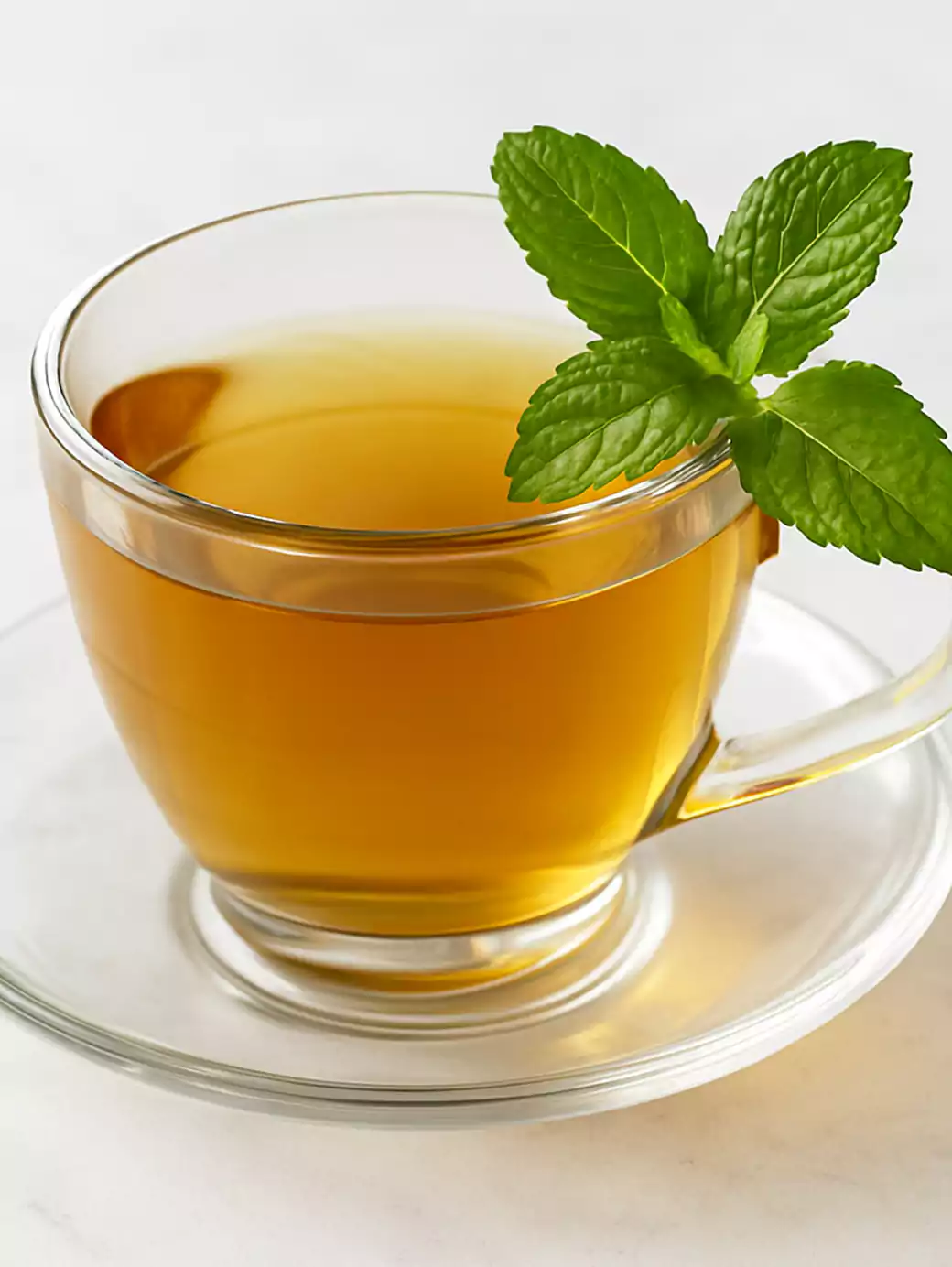
Peppermint (Mentha × piperita) is one of the most well-studied herbs for digestive health. Its antispasmodic properties make it a natural remedy for bloating, gas, and indigestion.
Mechanism of action:
- Menthol, the active compound, relaxes the smooth muscles of the gastrointestinal tract, reducing spasms and gas.
- Improves bile flow, aiding in fat digestion.
- Contains antioxidants that reduce intestinal inflammation.
How to use:
- Steep 1 teaspoon dried peppermint leaves or 1 fresh sprig in 8 oz hot water for 5–7 minutes.
- Drink after meals to relieve post-meal bloating.
- Can be consumed 2–3 times daily.
Scientific backing: A 2007 study published in Digestive Diseases and Sciences found peppermint oil effective in relieving IBS symptoms, including bloating and abdominal pain.
Caution: Avoid peppermint if you have GERD as it can relax the esophageal sphincter and worsen reflux.
2. Ginger Tea – Anti-Inflammatory and Gas-Reducing
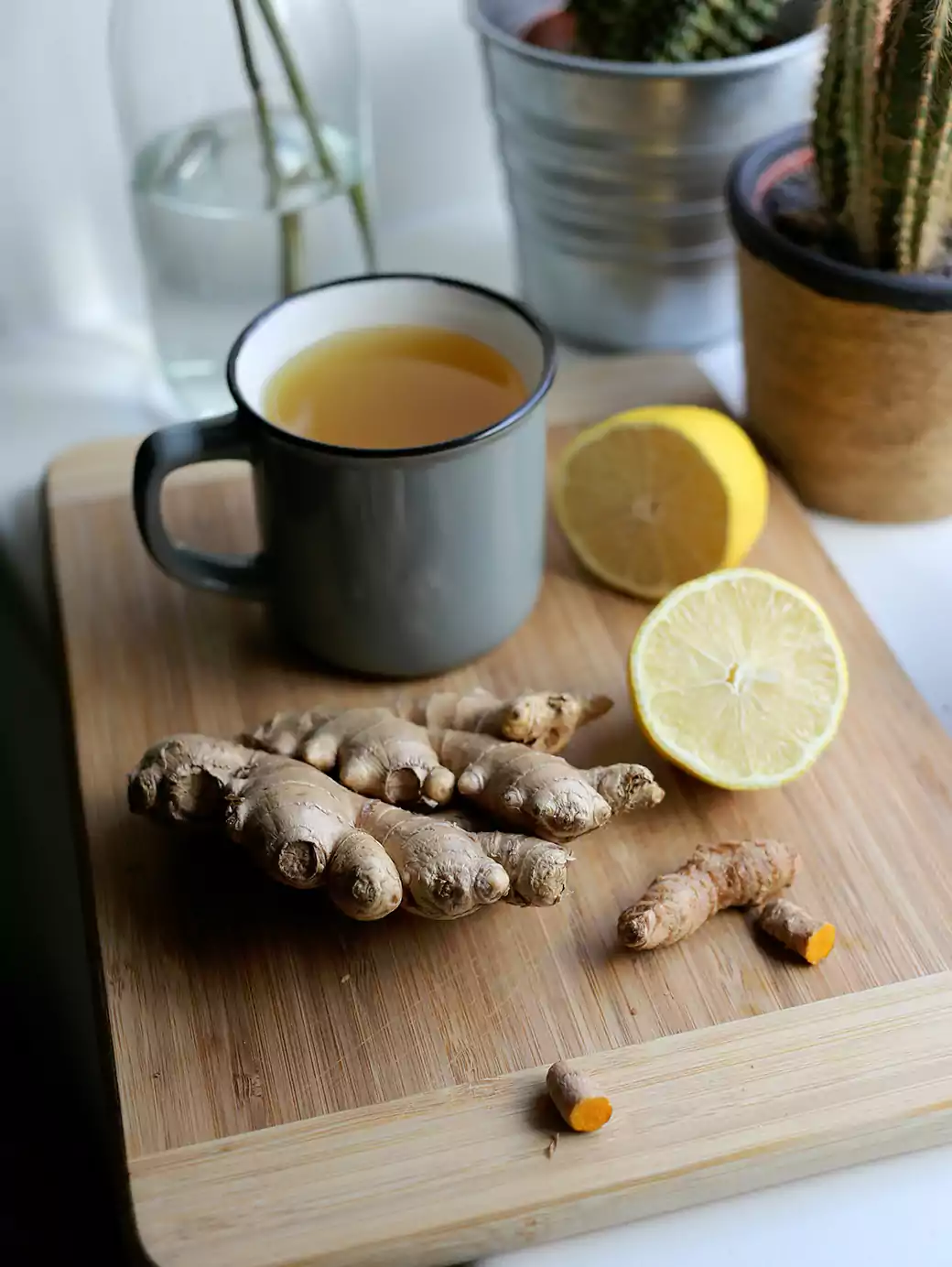
Ginger (Zingiber officinale) is a potent anti-inflammatory and digestive stimulant. It’s effective for women who experience bloating due to slow digestion, gas, or nausea.
Mechanism of action:
- Contains gingerols and shogaols that stimulate gastric emptying.
- Reduces intestinal inflammation and gas formation.
- Improves motility, preventing constipation-related bloating.
How to use:
- Slice 1–2 inches of fresh ginger root.
- Steep in hot water for 10 minutes; optionally add lemon or honey.
- Drink 1–2 times daily, especially before or after meals.
Expert tip: I often drink ginger tea after a heavy dinner, and it significantly reduces post-meal bloating.
Scientific evidence: A 2012 study in World Journal of Gastroenterology showed that ginger supplementation improved bloating and reduced gas in people with functional dyspepsia.
3. Fennel Tea – Gas-Relieving and Water-Balancing
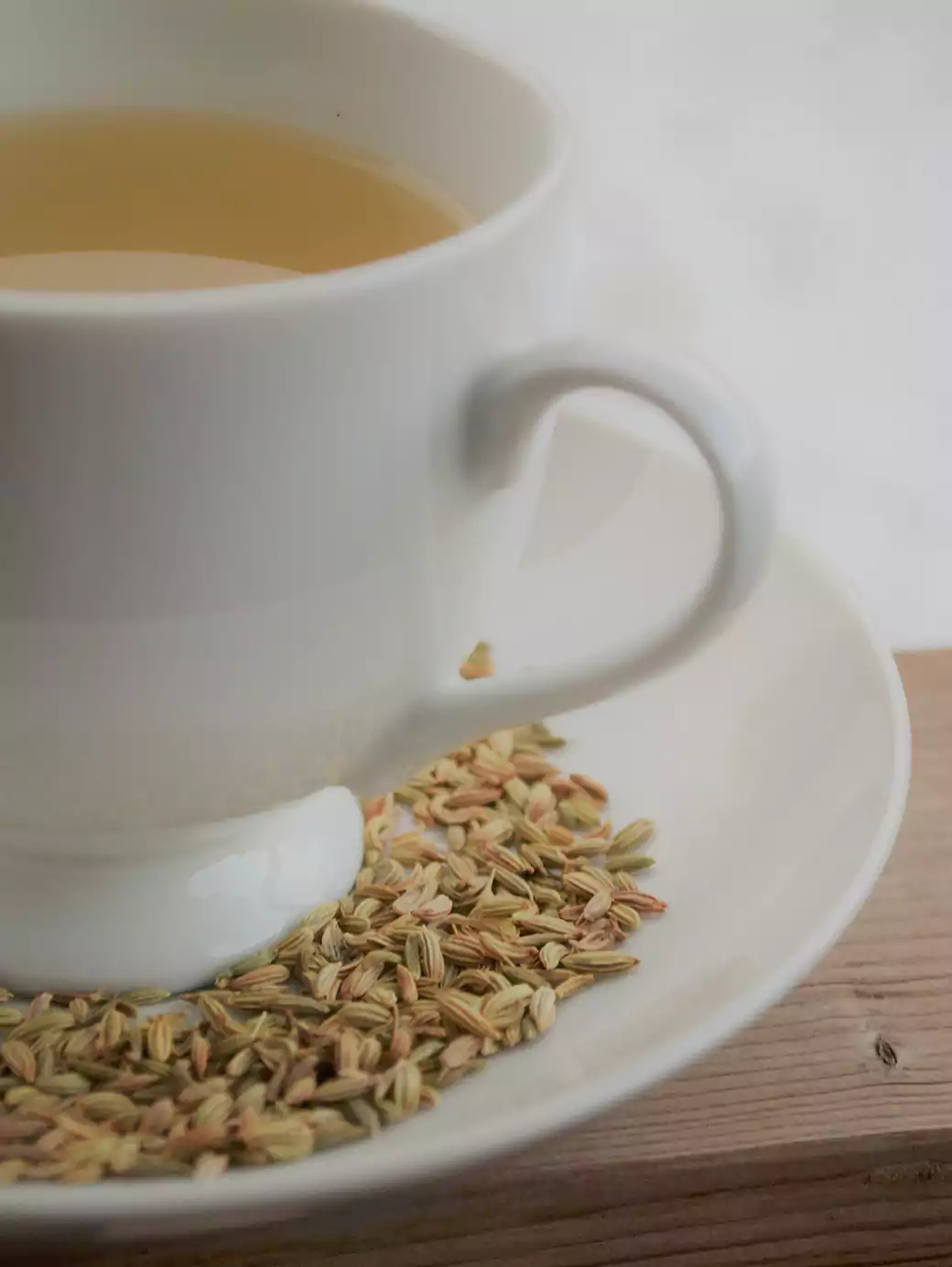
Fennel seeds (Foeniculum vulgare) are a traditional remedy for intestinal gas and bloating. They work as a carminative, meaning they prevent gas formation.
Mechanism of action:
- Anethole relaxes intestinal muscles and eases cramping.
- Acts as a mild diuretic, reducing water retention.
- Stimulates digestive enzymes, improving food breakdown.
How to use:
- Crush 1 teaspoon fennel seeds and steep in hot water for 5–10 minutes.
- Drink after meals, especially after fiber-heavy or gas-forming foods.
Scientific backing: A 2016 study in Journal of Neurogastroenterology and Motility showed fennel essential oil reduced bloating and abdominal discomfort in patients with IBS.
Extra tip: Fennel tea is particularly beneficial during PMS, when water retention and bloating are common.
4. Chamomile Tea – Anti-Inflammatory and Gut-Calming
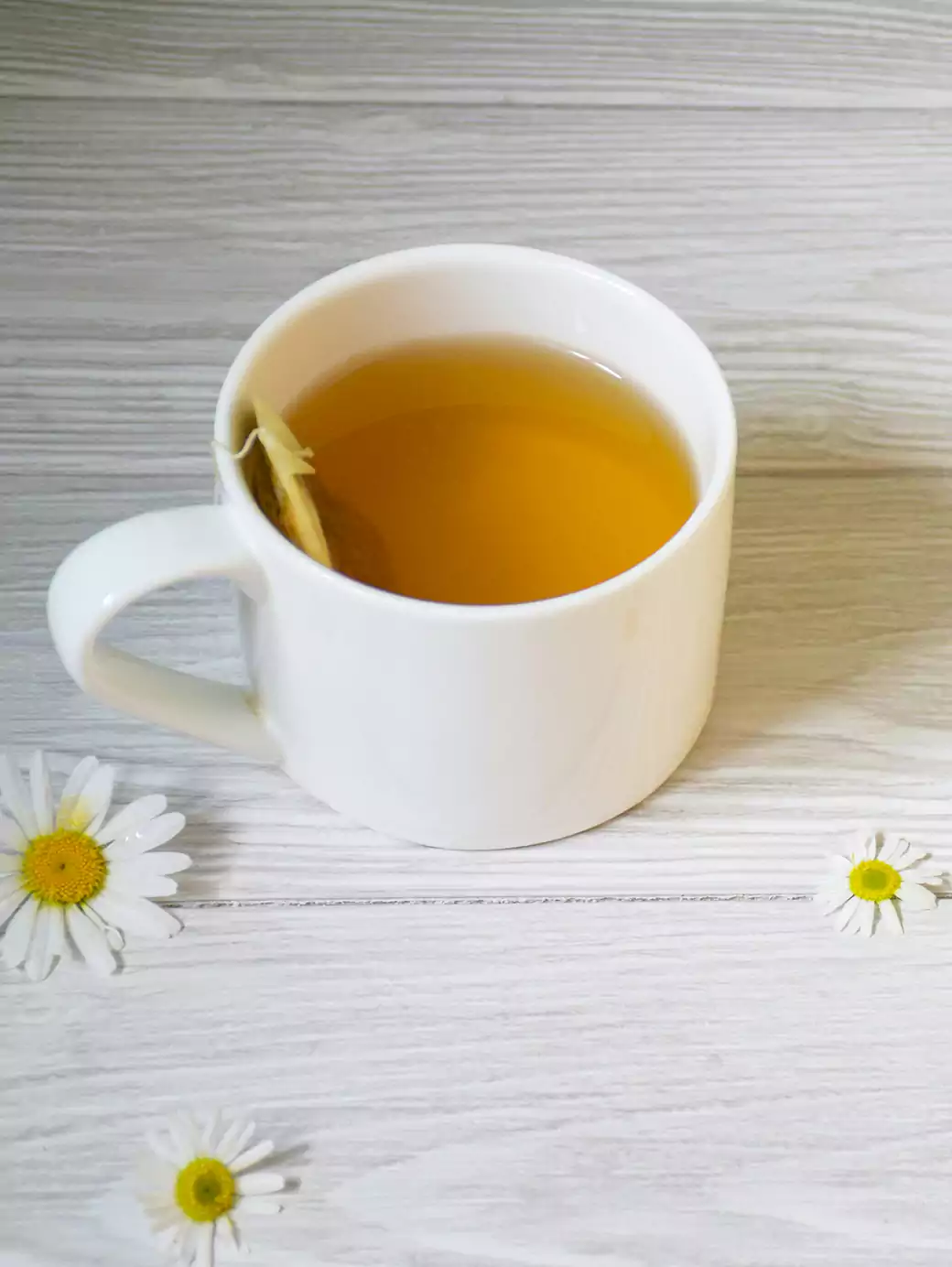
Chamomile (Matricaria chamomilla) is widely known for its calming effects, but it also soothes the digestive tract.
Mechanism of action:
- Contains apigenin, which has anti-inflammatory and antispasmodic properties.
- Relaxes intestinal muscles, reducing cramping.
- Supports gut-brain connection, calming stress-induced digestive symptoms.
How to use:
- Steep 1–2 teaspoons dried chamomile flowers or 1 tea bag in hot water for 5–7 minutes.
- Drink before bed to reduce bloating and promote restful sleep.
Scientific evidence: Chamomile has been shown to improve symptoms of IBS, including bloating, in multiple clinical studies.
5. Dandelion Tea – Natural Detox and Fluid Balance
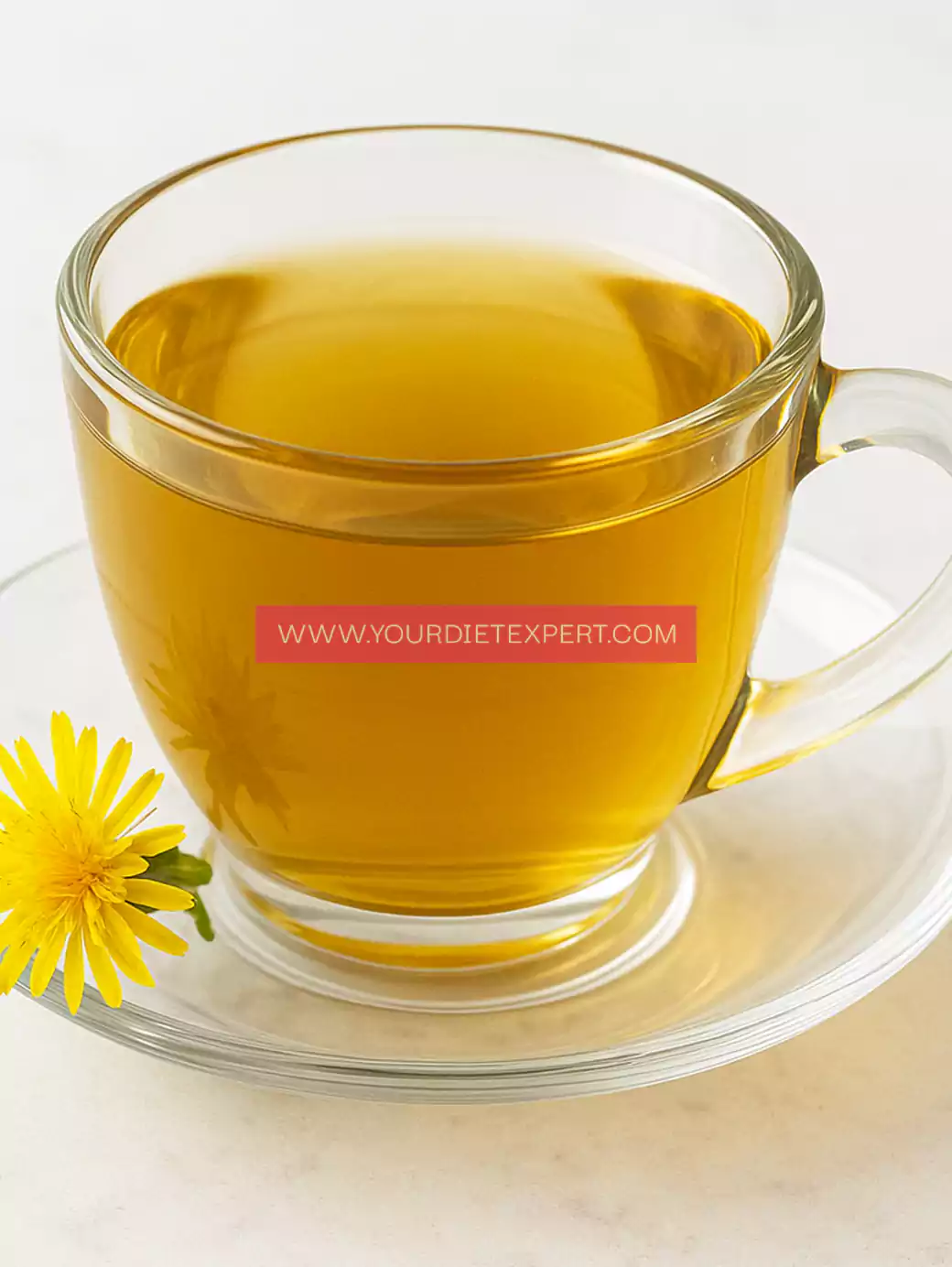
Dandelion root tea (Taraxacum officinale) is often overlooked but is a powerful herbal remedy for bloating caused by water retention and poor liver function.
Mechanism of action:
- Acts as a mild diuretic, reducing water-related bloating.
- Supports liver health and bile production, aiding fat digestion.
- Contains prebiotic fibers that nourish healthy gut bacteria.
How to use:
- Steep 1–2 teaspoons dried dandelion root in hot water for 10 minutes.
- Drink in the morning for detox and digestive support.
Caution: Avoid if allergic to ragweed or taking diuretic medications.
6. Licorice Root Tea – Gut-Lining Protection
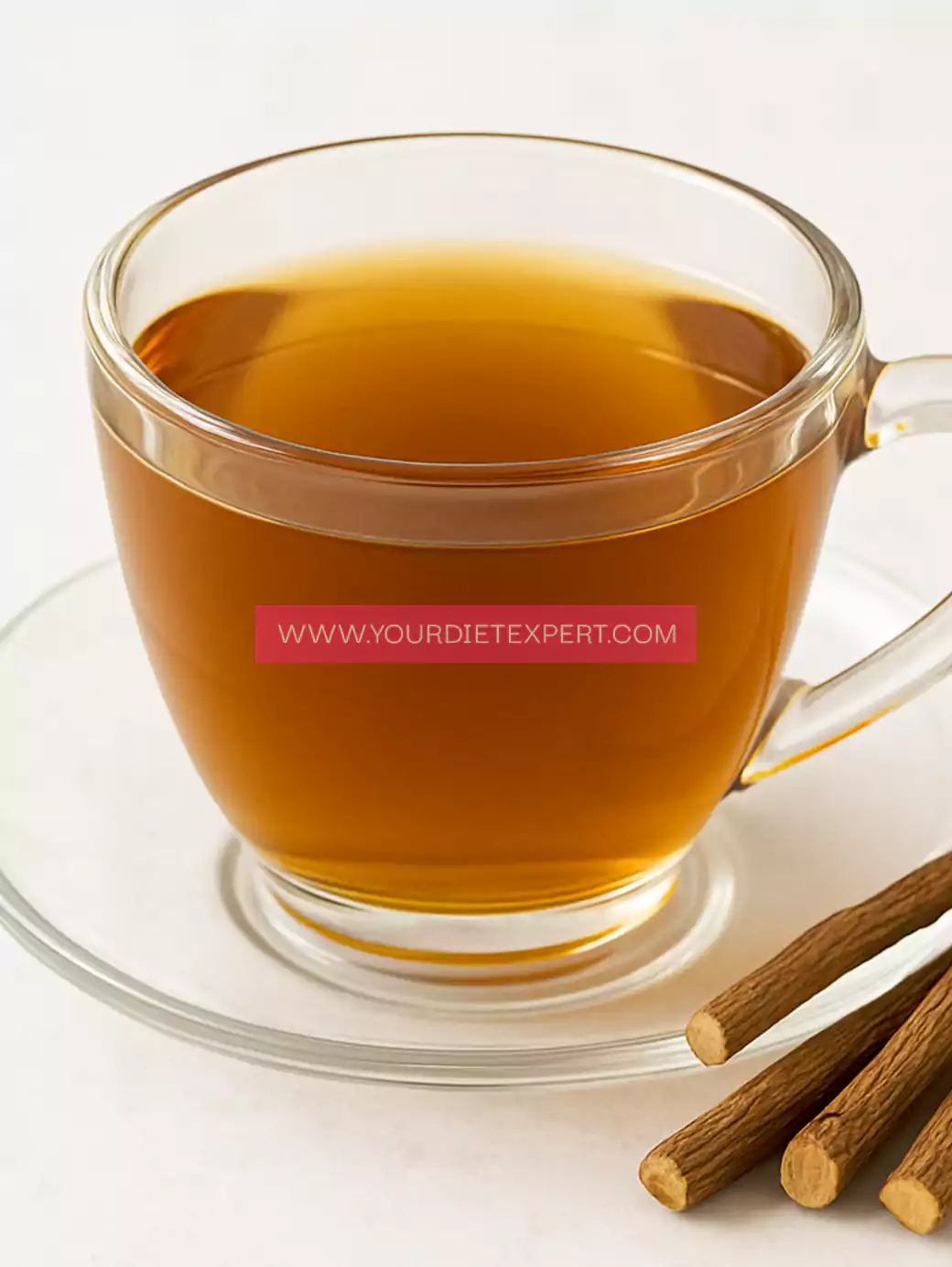
Licorice root (Glycyrrhiza glabra) is excellent for women with inflammatory gut conditions.
Mechanism of action:
- Glycyrrhizin supports mucosal protection and reduces gut inflammation.
- Soothes bloating and intestinal spasms.
- Balances gut microbiome and supports immune function.
How to use:
- Steep 1 teaspoon dried licorice root in hot water for 5–10 minutes.
- Can be consumed 1–2 times daily.
Caution: Avoid long-term use if you have high blood pressure due to sodium retention.
Evidence: Clinical studies suggest licorice root helps manage symptoms of functional dyspepsia, including bloating.
7. Lemon Balm Tea – Gentle Gut and Stress Support
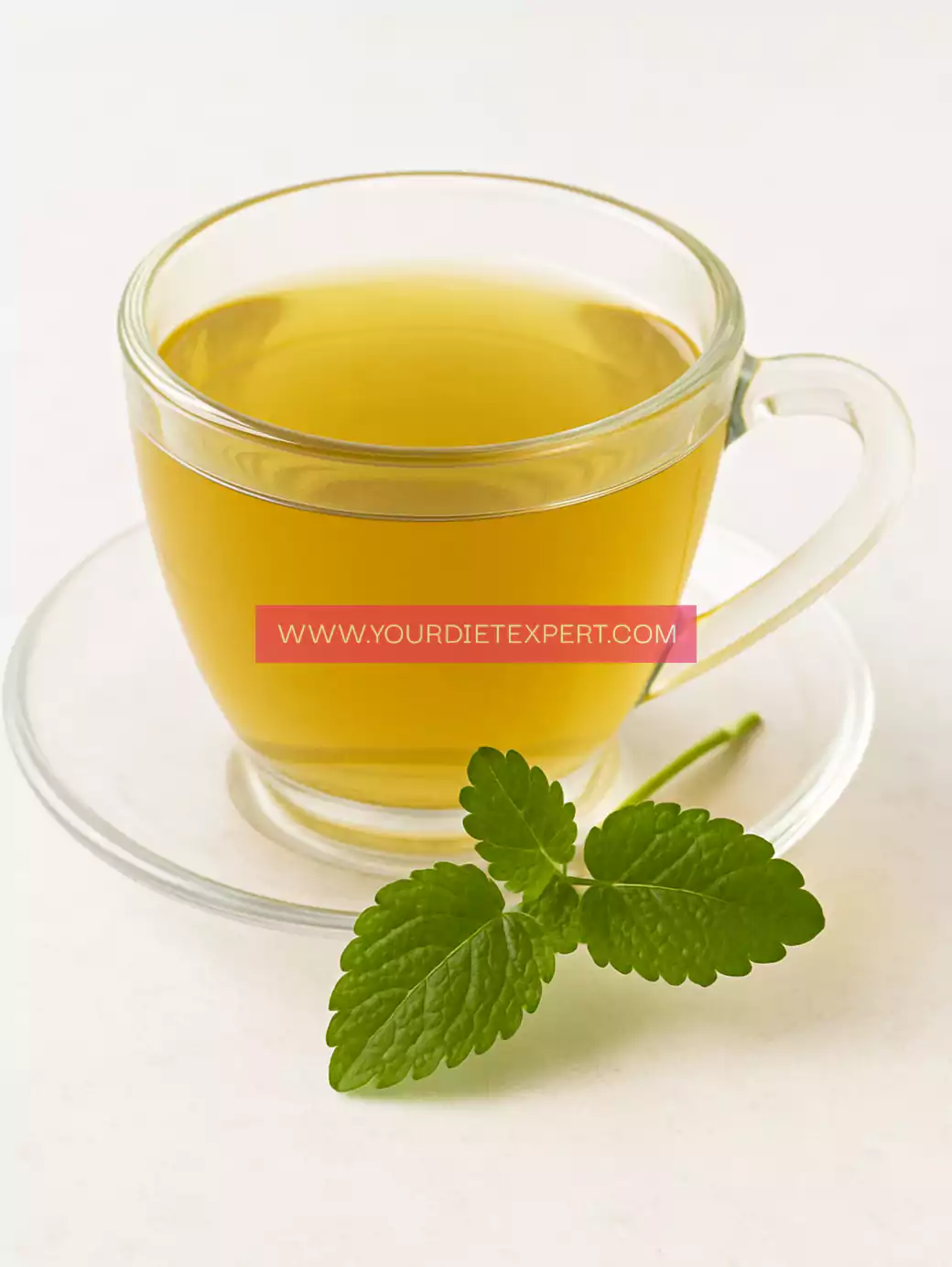
Lemon balm (Melissa officinalis) is a gentle herb for stress-related bloating.
Mechanism of action:
- Relaxes intestinal muscles and reduces gas.
- Supports digestion and reduces cramping.
- Calms stress-induced digestive symptoms.
How to use:
- Steep 1–2 teaspoons dried lemon balm leaves in hot water for 5–7 minutes.
- Can be consumed after meals or before bedtime.
Expert tip: Lemon balm blends beautifully with chamomile for a soothing nighttime gut-healing tea.
Combining Herbal Teas With Diet and Lifestyle
To maximize the benefits of herbal teas:
- Eat slowly and chew thoroughly to prevent swallowed air.
- Avoid carbonated drinks and excess sugar.
- Include fermented foods like yogurt, kefir, kimchi, and sauerkraut to support gut bacteria.
- Practice stress management techniques like meditation, yoga, or deep breathing.
- Stay hydrated; water improves digestion and prevents bloating.
- Pay attention to hormonal cycles: bloating often worsens during PMS, so teas like fennel and peppermint are particularly helpful at that time.
When to Seek Medical Advice
While herbal teas are generally safe, consult a doctor if you experience:
- Persistent or severe bloating
- Unexplained weight loss
- Blood in stool or severe abdominal pain
- Symptoms that do not improve with dietary or herbal interventions
These may indicate underlying conditions such as IBS, celiac disease, or food intolerances.
Frequently Asked Questions (FAQs)
1. Which herbal tea is best for bloating after meals?
For immediate post-meal bloating, peppermint and ginger teas are most effective. Peppermint relaxes intestinal muscles, reducing gas and cramping, while ginger stimulates digestion and helps food move through the stomach more efficiently.
2. Can I drink multiple herbal teas in one day?
Yes! Most herbal teas are safe to consume 2–3 times daily. For example, you can drink ginger tea before lunch, fennel tea after dinner, and chamomile or lemon balm tea before bed. Rotate teas based on symptoms and personal preference.
3. Are these herbal teas safe during menstruation?
Absolutely! In fact, some teas like fennel and peppermint can relieve PMS-related bloating and cramping. Chamomile and lemon balm also help calm stress and relax the digestive tract during hormonal fluctuations.
4. Can herbal teas help with water retention?
Yes. Dandelion and fennel teas act as mild diuretics, helping reduce water retention that often occurs during PMS or hormonal changes. Drinking these teas consistently can ease bloating caused by excess fluid.
5. How long does it take for herbal teas to reduce bloating?
Some teas, like peppermint or ginger, can provide relief within 20–30 minutes after drinking. For long-term gut healing and reduced bloating frequency, consistent daily consumption over several weeks is recommended.
6. Are there any side effects of these teas?
Most herbal teas are safe. However:
- Avoid peppermint if you have GERD or acid reflux.
- Avoid licorice root if you have high blood pressure.
- Dandelion may interact with diuretics or allergies to ragweed.
Always consult a healthcare professional if you have chronic conditions or are on medications.
7. Can I add honey, lemon, or other ingredients to herbal teas?
Yes! Small amounts of honey, lemon, or cinnamon can enhance flavor and even provide additional digestive benefits. Avoid refined sugar, as it can feed harmful gut bacteria and worsen bloating.
8. Can these teas improve gut health long-term?
Yes. Herbal teas like chamomile, licorice root, and dandelion support gut healing by reducing inflammation, supporting beneficial bacteria, and protecting the gut lining. Combined with a healthy diet, lifestyle, and stress management, they contribute to long-term digestive wellness.
9. Which tea is best for stress-related bloating?
Chamomile and lemon balm are the most effective. They calm both the gut and nervous system, helping relieve bloating caused by stress, anxiety, or the gut-brain axis imbalance.
10. Can children or teenagers drink these teas?
Most herbal teas are safe in moderate amounts for children, but dosage should be adjusted according to age and body weight. Avoid licorice root and consult a pediatrician for children under 12. Peppermint, chamomile, and ginger are usually safe in small amounts.
Conclusion
Bloating and digestive discomfort are common, but with the right approach, you can manage symptoms naturally and effectively. Herbal teas like peppermint, ginger, fennel, chamomile, dandelion, licorice root, and lemon balm provide scientifically-backed, gentle relief while supporting long-term gut healing.
By integrating these teas into a mindful lifestyle—balanced diet, stress management, and awareness of hormonal influences—women can reduce bloating, improve digestion, and feel lighter, calmer, and healthier every day.
References:
- McKay DL, Blumberg JB. A review of the bioactivity and potential health benefits of peppermint tea. Phytotherapy Research. 2006;20(8):619–633.
- Hu ML, et al. Ginger improves gastrointestinal motility. World Journal of Gastroenterology. 2012;18(35):5151–5158.
- Nikkhah Bodagh et al. Effects of fennel seed on bloating in IBS patients. Journal of Neurogastroenterology and Motility. 2016;22(3):450–457.
- Srivastava JK, et al. Chamomile: A herbal medicine of the past with a bright future. Molecular Medicine Reports. 2010;3(6):895–901.
Author Note:
Hi, I’m Alice, a certified nutrition enthusiast and health writer passionate about women’s wellness. I’ve personally struggled with bloating and digestive discomfort, and incorporating herbal teas into my daily routine has been a game-changer. Through research and personal experience, I’ve curated this list of teas that naturally soothe bloating, support gut healing, and help women feel lighter and more energized every day.
Disclaimer:
The information in this article is for educational purposes only and is not a substitute for professional medical advice. Always consult a healthcare professional before starting any herbal remedies, especially if you are pregnant, breastfeeding, taking medications, or have underlying health conditions.

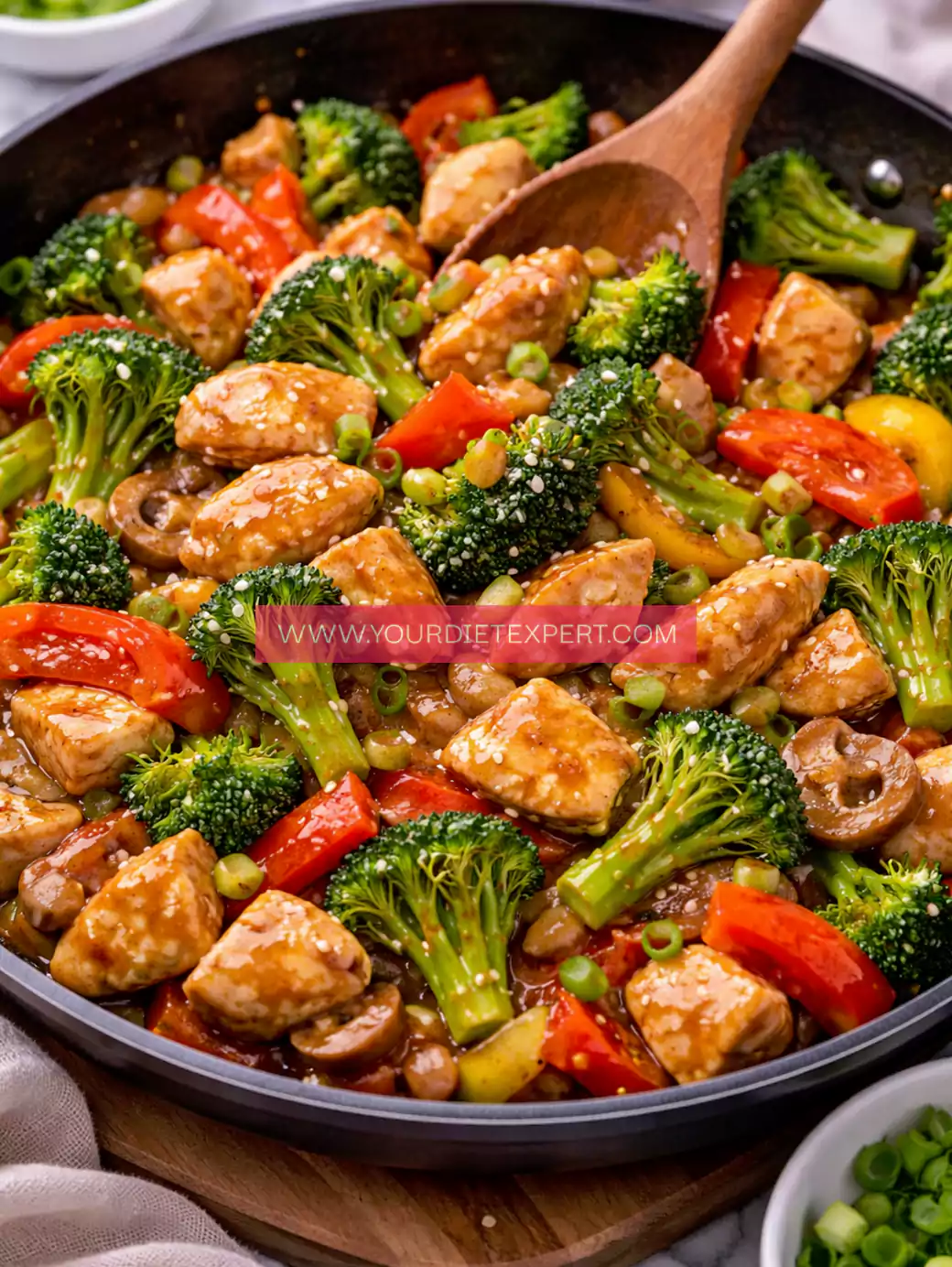

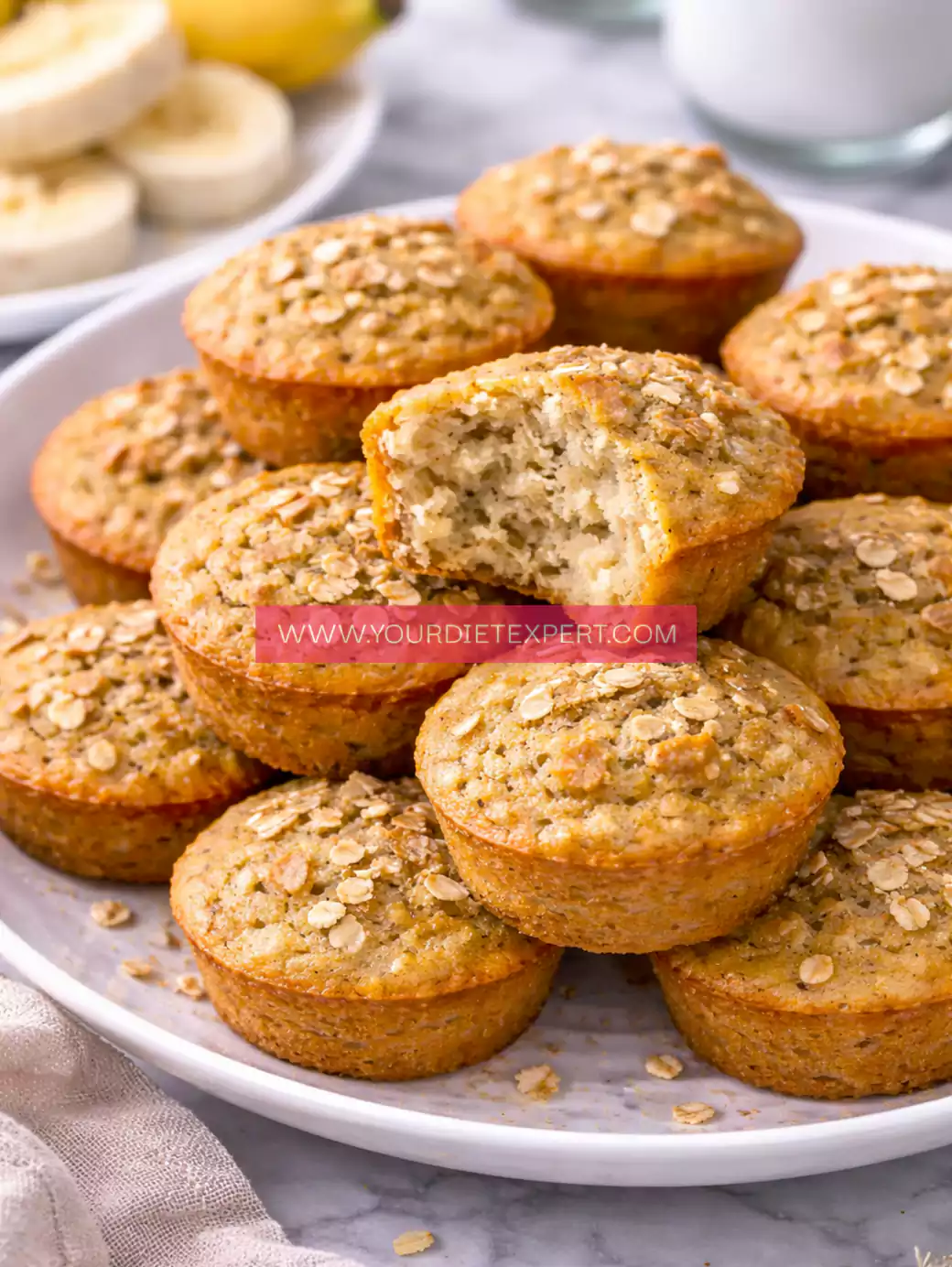
Leave a Reply